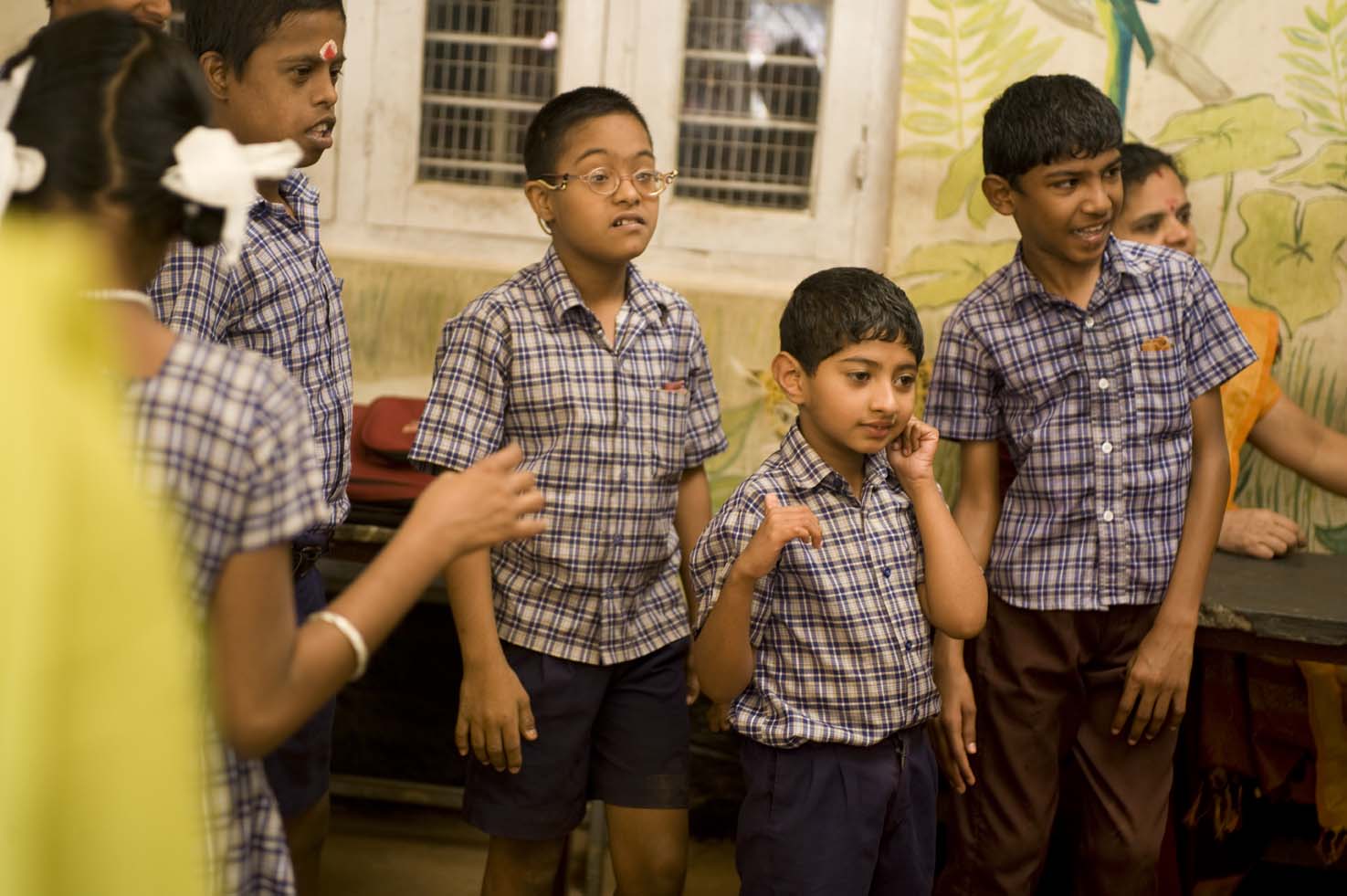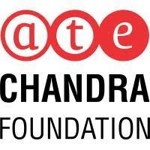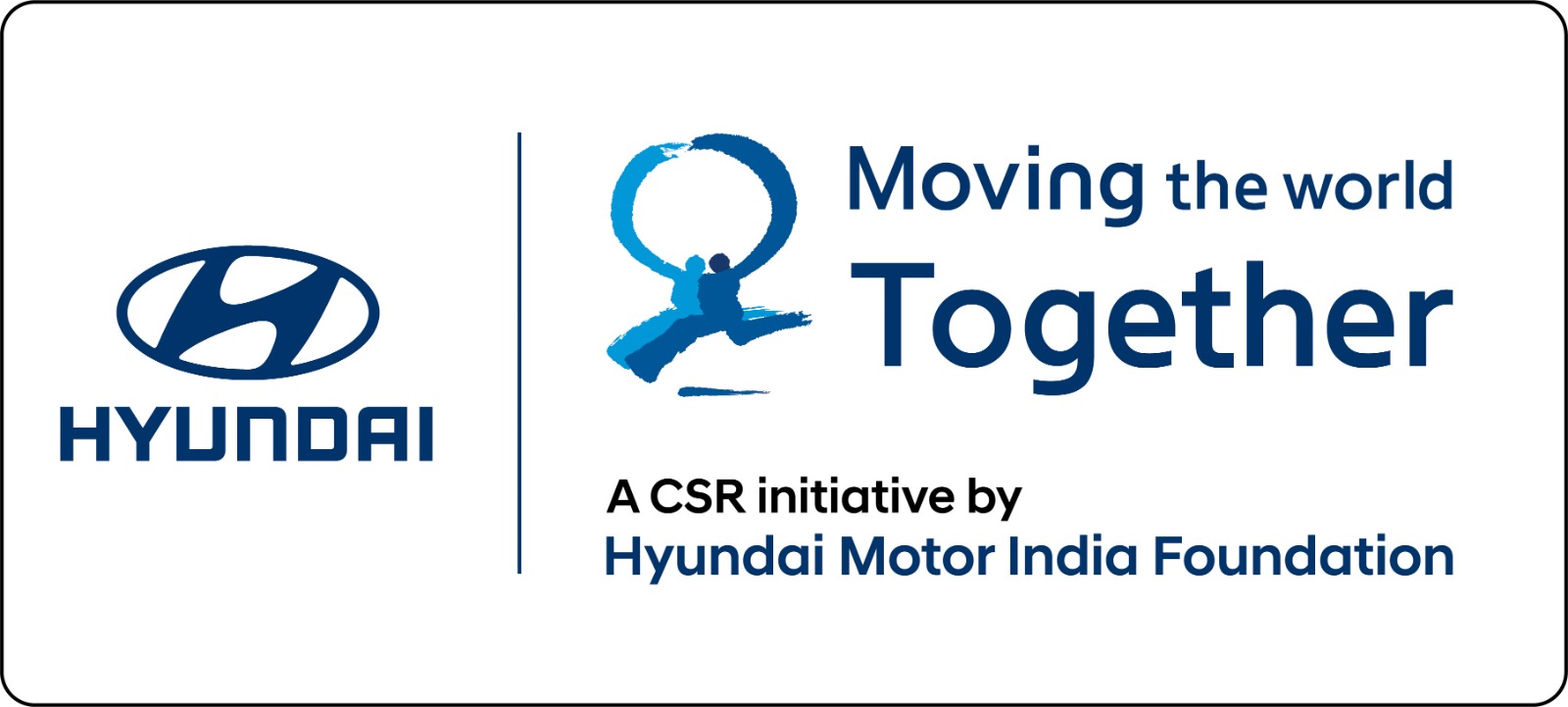Corporate Social Responsibility and Children’s Rights
“The test of the morality of a society is what it does for its children”
… (Dietrich Bonhoeffer (c.1940))
The Concept of Social Responsibility of business is not a new phenomenon. It has been there since ancient times, right from Kautilya to the Gandhian notion of Trusteeship. CSR involves a commitment by a company to manage its various roles in society, as producer, employer, customer and citizen in a responsible manner. How a company meets its scial responsibility vision and objectives is influenced by its history, vision of the founder, culture, business laws, philosophy and regulations. Of all the list of activities mentioned in schedule VII of the CSR rules, investment in child rights remains one of the core areas of this law. Many corporates have adopted internationally recognised standards and conventions for promoting human rights, especially those of children, but many fall short in protecting and promoting the rights of the children by merely assuming that their responsibility stops with preventing child labour.
Despite the international human rights framework being in place, many commentators have identified substantial gaps between the rhetoric of human rights for children and the reality of the circumstances children face, that are often characterised by violation. These violations have severe and long-lasting impact on child development, even more drastic than violation of the rights of adults. For example, any impact on access to clean water, sanitation, food, or healthcare can negatively affect a child’s growth and development in a way that can linger long past childhood. While some corporates have a good number of initiatives and programmes for children under their CSR policy, they are still not adequate, considering the magnitude of the problem.
In India, most of the CSR activities target child welfare through initiatives like donating specifically for child issues, setting up orphanages and schools, giving scholarships to children to continue education, providing uniforms, text books, nutritional meals, etc. While it is true that majority of CSR initiatives are specifically targeted at children who fall into one or all of the above categories, there is an increasing demand to develop new initiatives which have well-crafted strategies aimed at larger systemic change. The reason being the general perception towards children’s issues is driven by welfare or charity approach rather than from a child rights approach. Hence, more emphasis need to be laid on research and development and capacity building of a wide range of stakeholders with the aim to make a more tangible and sustainable impact on children’s lives. While most of the traditional initiatives are more input oriented, tending to measure and concentrate more on the input rather than outcome, the new generation needs to be more focused on the outcomes. With the focus on the SDGs (Sustainable Development Goals), much emphasis is laid on the models of social responsibility which are scalable, replicable and sustainable. Some of these initiatives demand liaison between both government and non-state actors and interlinking of multi-stake, multi-state, multi-location and expansive operations as compared to the relief and service delivery type of initiatives seen earlier.
OneStage acknowledges the need for such a group of citizens through its various interventions ranging from ICT enabled education support to research advocacy and developmental support to multi-stakeholders affecting child rights issues. The core competency of the organisation lies in facilitating child-centered development process with complete focus on offering educational opportunities and capacity building. With more than 50% of the funds raised either directly or indirectly targeting this core group interest, some of the significant projects pertaining to child welfare are education, spanning from infrastructure support, to teacher training to promoting Science, Technology, Engineering and Mathematics (STEM) in order to increase learning outcome. OneStage is also working for the welfare of the marginalised communities- street children, dropouts, children of migrant labourers, etc. and assists them to come back to mainstream education system.
“Mankind owes to child the best it has to give”
…Declaration of the Rights of the Child, 1924.
Search
Categories
Recent Posts
- A brief visit to a project site in Gurugram
- How was OneStage born?
- ‘The plight of people moved me, and the heroic efforts of frontline workers inspired me to support COVID Relief work’
- 7 ways to take care of your Mental Health during the pandemic
- 5 things you must keep in mind before forwarding information on COVID












.png)

.png)

